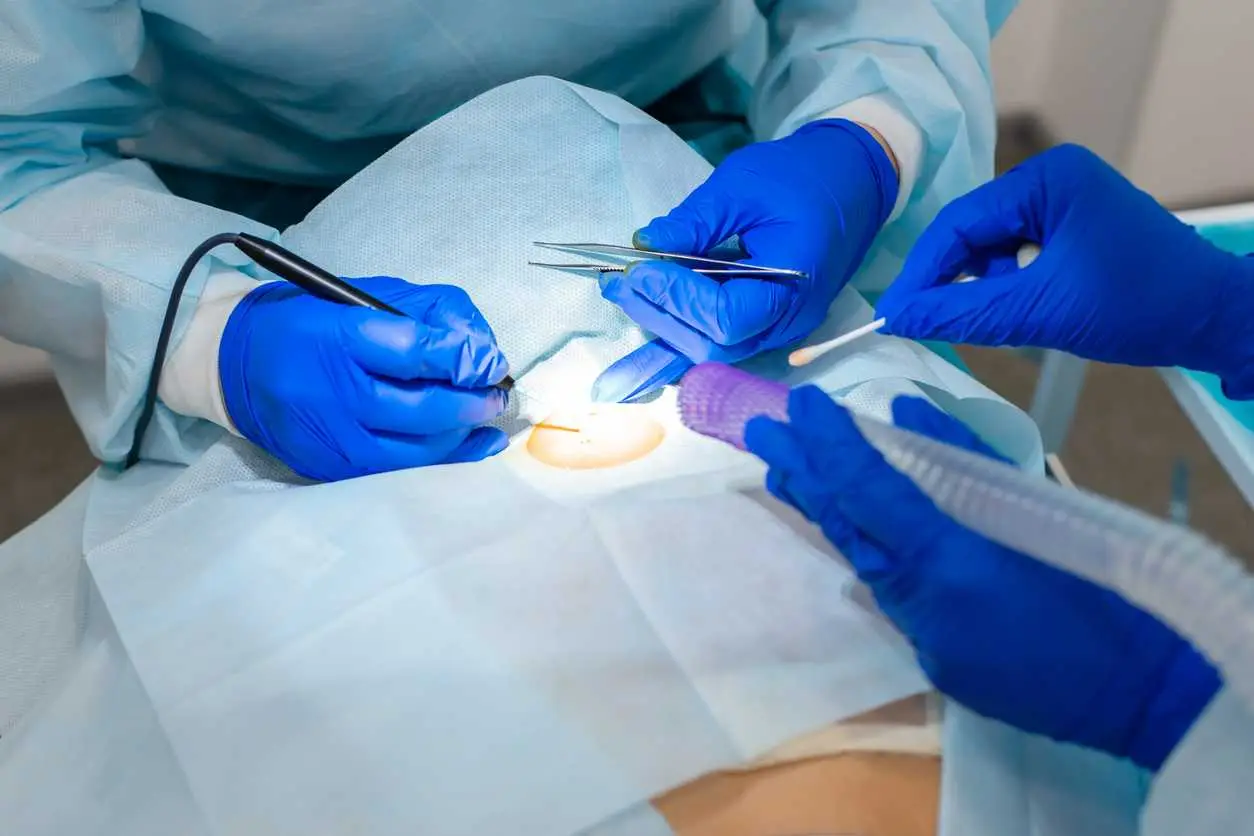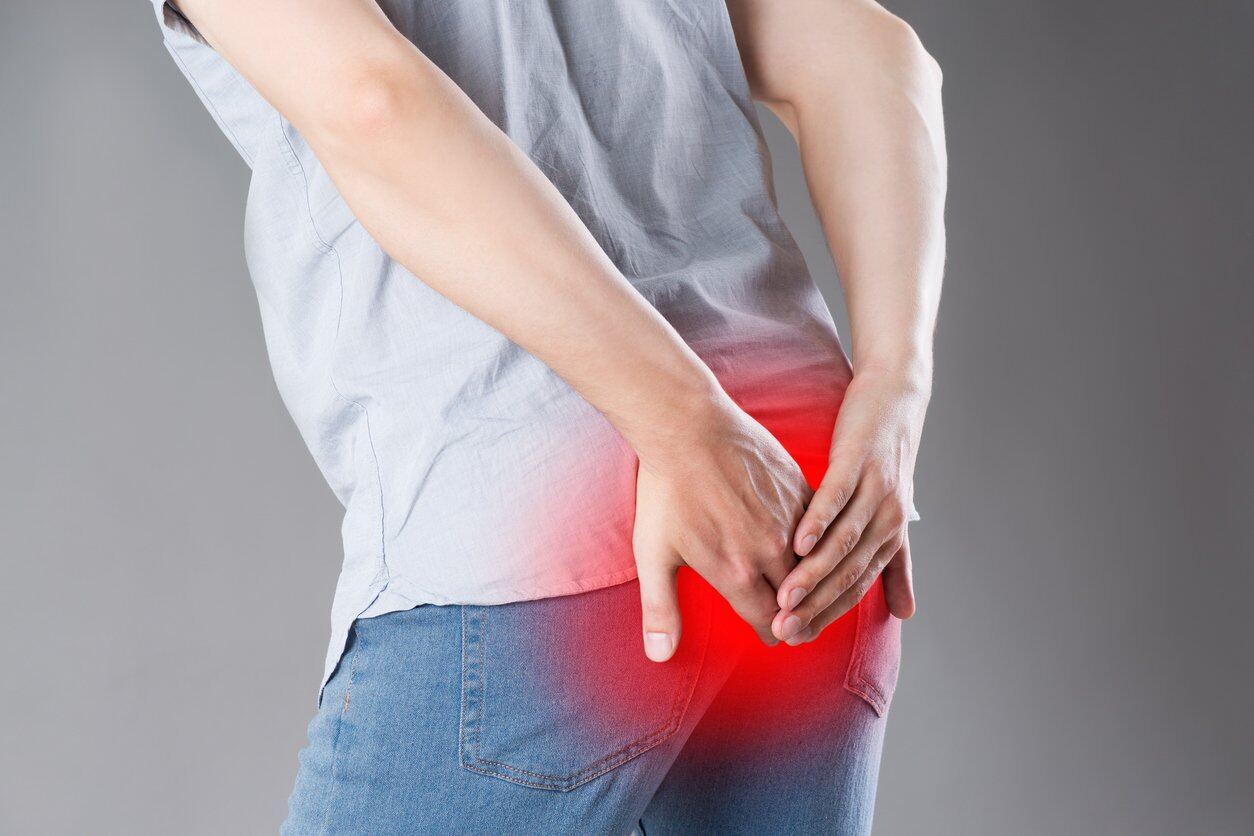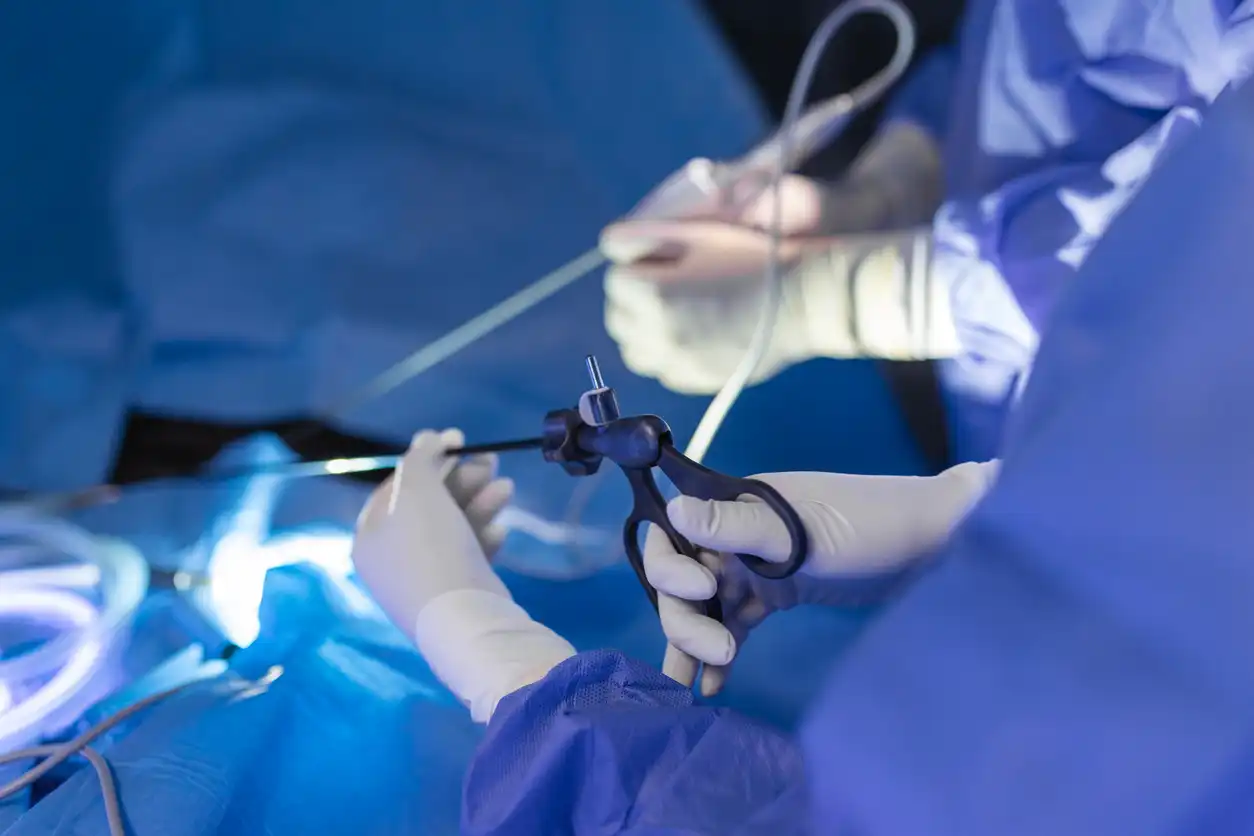A pilonidal cyst doctor is your guiding light towards a peaceful night’s sleep despite the discomfort caused by pilonidal cysts. Pilonidal cyst experts can offer specialized solutions for treating pain and promoting sound sleep. These experts offer personalized insights and recommendations, from specialized cushions to optimal sleeping positions, enabling you to sleep more comfortably while dealing with a pilonidal cyst.
Pilonidal Cysts
Ingrown hairs frequently result in pilonidal cysts, which then inflame and become infected. Sleeping may be difficult due to the discomfort these cysts cause. It is imperative to speak with a pilonidal cyst physician because they can provide individualized advice based on the severity of the condition.
Expert Tips for Sleeping with a Pilonidal Cyst
Consultation with a Pilonidal Cyst Doctor:
The first and most crucial step is consulting a pilonidal cyst doctor. They can determine the severity of the cyst, offer the best treatment options, and recommend specific pain relief techniques to use while you sleep.
Personalized Pain Management:
Pilonidal cyst doctors can prescribe specific pain relievers tailored to your needs. These drugs can lessen inflammation and help you manage pain, which will make it easier for you to get a good night’s sleep.
Specialized Cushions:
Pilonidal cyst doctors often recommend specialized cushions designed to alleviate pressure on the cyst. Sleeping comfort can be greatly improved by using a cushion with a tailbone cutout or a donut-shaped cushion.
Proper Wound Care Guidance:
Pilonidal cyst doctors provide expert advice on wound care. To keep the area clean and reduce the risk of infection and speed up healing, they can suggest the proper cleaning agents, dressings, and techniques.
Optimal Sleeping Positions:
Pilonidal cyst The best sleeping positions to reduce pressure on the cyst can be recommended by doctors. They might advise sleeping on your stomach or the side with the cyst on it, along with carefully placed pillows for added support.
Warm Compress Therapy:
Pilonidal cyst doctors often suggest warm compress therapy. Warm, damp compresses applied to the affected area can ease pain and inflammation, allowing for more comfortable sleep.
Regular Follow-ups:
A pilonidal cyst doctor will schedule regular follow-up appointments to monitor your progress. They can modify your treatment plan as necessary to keep you on the right path to recovery.
Can a Pilonidal Cyst Cause Bowel Problems?
Despite being close to the tailbone, pilonidal cysts typically do not directly result in bowel issues. The main symptoms of these cysts are pain, swelling, and pus drainage. However, pilonidal cyst complications can occasionally have a negative impact on bowel movements and result in bowel-related problems.
Pilonidal Cyst Doctors: Experts in Diagnosis and Treatment
Living with a pilonidal cyst can be extremely difficult and have an impact on your daily activities and general well-being. A doctor for pilonidal cyst is essential in offering knowledgeable care and direction to patients with this condition. These specialized medical personnel are required for precise diagnosis and efficient treatment for the following reasons:
1. Specialized Knowledge and Expertise:
Doctors who treat pilonidal cysts have specialized training in dermatology and surgery. They have a great deal of experience in identifying pilonidal cysts, comprehending the variety of symptoms connected to the condition, and selecting the best course of action.
2. Accurate Diagnosis:
Pilonidal cyst doctors make a precise diagnosis by performing in-depth examinations and assessments. They distinguish pilonidal cysts from other conditions that have a similar appearance, ensuring that you get the proper diagnosis. Their knowledge aids in determining the cyst’s severity, allowing them to create specialized treatment regimens.
3. Individualized Treatment Programs:
Each person’s experience with pilonidal cysts is distinct. Based on each patient’s unique requirements and circumstances, pilonidal cyst specialists develop individualized treatment plans. These strategies might involve antibiotics, conservative management, or, in more serious circumstances, surgical interventions. Personalization makes sure that the condition of the patient is effectively addressed in the treatment.
4. Surgical Experience:
Pilonidal cyst doctors are qualified to perform excision procedures in cases that call for surgical intervention. The cyst and any affected tissues are completely removed during these operations. Doctors who treat pilonidal cysts use exact techniques to minimize pain, accelerate healing, and lower the risk of recurrence.
5. Comprehensive Care:
Pilonidal cyst doctors provide comprehensive care, guiding patients through the entire process—from diagnosis and treatment to post-surgical recovery. They provide thorough guidelines for wound care, pain management techniques, and lifestyle suggestions to ensure a quick recovery.
6. Emotional Support:
Dealing with a pilonidal cyst can be emotionally taxing. Pilonidal cyst specialists provide more than just medical advice; they also provide emotional support. They are compassionate caregivers who are aware of the difficulties patients face and who support patients in adjusting to the psychological effects of their illness.
Surgery to Remove Pilonidal Cyst: A Lasting Solution
Surgery might be required if the cyst is large, recurrent, or infected. Excision, another name for the procedure used to remove a pilonidal cyst, entails completely removing the cyst and any affected tissues. To ensure the patient’s comfort, the procedure is typically carried out under local or general anesthesia.
The cyst and sinus tracts are removed during surgery after the area has been cleaned. After that, the wound is stitched up. In some circumstances, a procedure known as Bascom’s procedure or flap surgery may be used, in which tissues close to the wound are moved to cover it in order to lower the risk of recurrence.
Patients are given thorough wound care instructions after surgery to help with healing and prevent infection. Depending on the extent of the surgery, recovery times vary, but most people can return to their regular activities between a few weeks and a few months after the operation.
People having surgery must carefully adhere to the doctor’s instructions, which include keeping the area tidy, avoiding prolonged sitting, and attending follow-up appointments. When carried out by a skilled surgeon, surgery provides a long-term solution, greatly lowering the likelihood of cyst recurrence and enabling people to live pain-free lives without pilonidal cysts.
Experience Relief with Pilonidal Experts!
Are you tired of living in discomfort due to a pilonidal cyst? It’s time to take charge of your health and well-being. At Pilonidal Experts, we understand the impact that pilonidal cysts can have on your daily life. Our team of dedicated pilonidal cyst doctors is here to offer you expert guidance, compassionate care, and personalized treatment solutions.
Don’t let pilonidal cysts control your life any longer. Take action now by scheduling an appointment with an experienced pilonidal cyst doctor at Pilonidal Experts, today! Experience the relief you deserve and regain control over your health and well-being.







